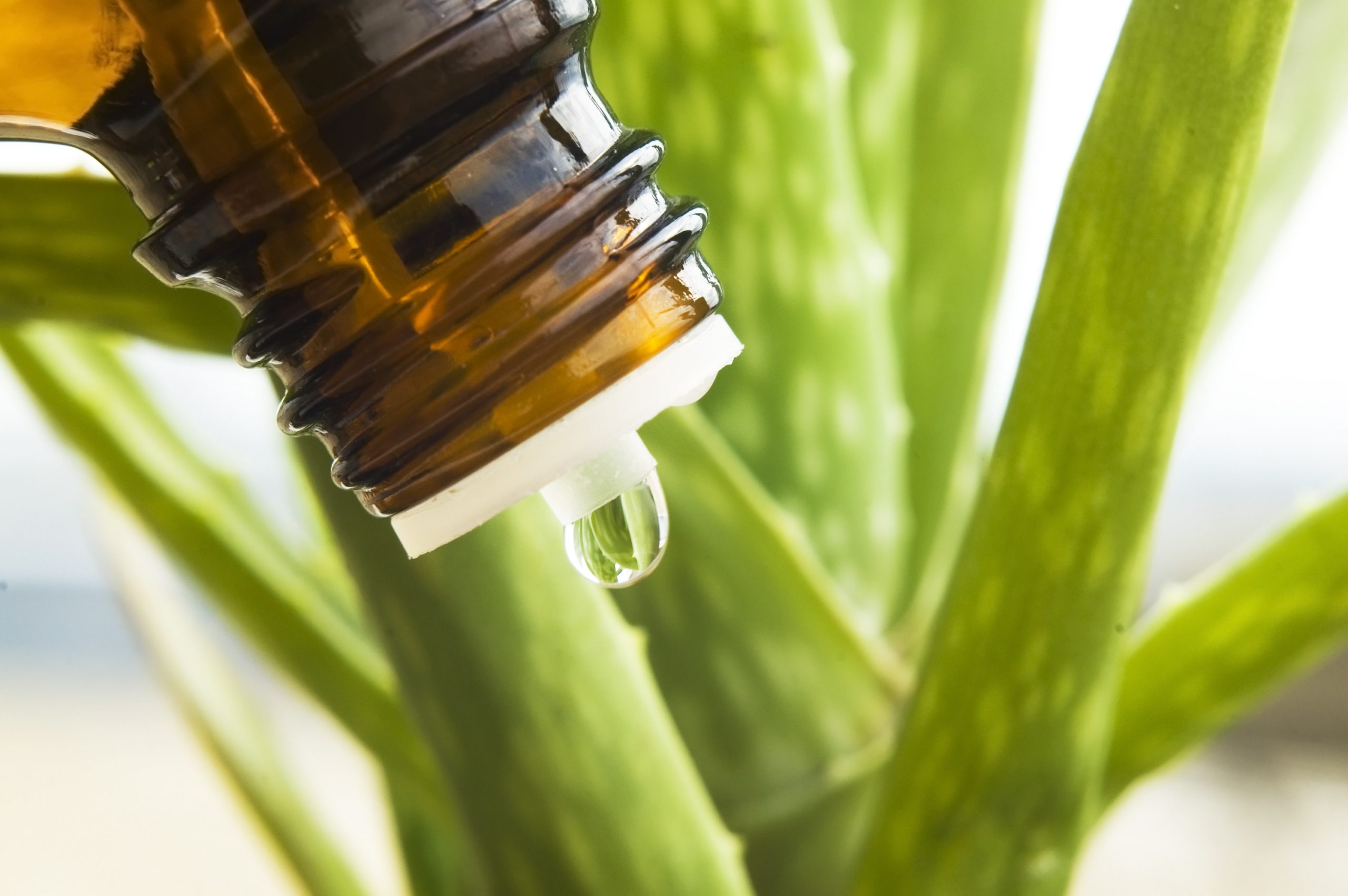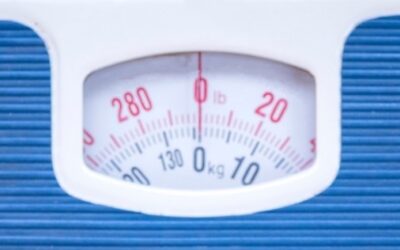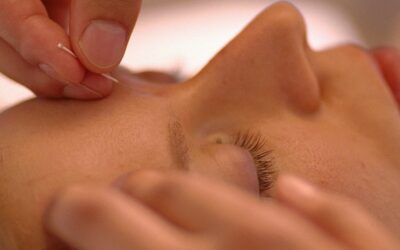This weekend I attended my first Center for Education and Development of Clinical Homeopathy (CEDH) seminar. The program has weekend monthly training with each training focusing on different body systems and diagnoses. What I like the most is that students get a really good price and you also get a lifetime membership with access to different materials, studies, forums, etc.
They also have an international conference where practitioners from all over the world have presentations with case studies. The last conference happened to be in Chicago and I was happy I could hear some of the best homeopaths in the world, including the Queen’s personal doctor — Peter Fisher MD, PhD, Royal London Hospital for Integrated Medicine.

I’ve used homeopathy on and off for the last couple of years but never took formal training. Since I’m not pursuing the ND program, I decided this homeopathy training would be a very good addition to my future practice. It’s not that I don’t like herbs or that I don’t want to use them in my practice, but I think that for some things homeopathy will have faster results.
Compared with classical homeopathy, which focuses more on each person’s character traits and personality, CEDH trainings are based more on clinical experience and case studies. The benefit of this approach is that it allows you to make a faster diagnosis. Instead of a 3-hour assessment, you just focus on acute or chronic stage, symptoms, and then you match the remedy with those exact symptoms.
For me, it was so much fun when they started explaining symptoms like having fever but not feeling thirsty, scalloped tongue, red tip of the tongue, etc. It was like I was in one of my Differential Diagnosis classes, but at the end, instead of needling points I would choose a homeopathic remedy.
Anyone who thinks homeopathy is very different from oriental medicine is definitely wrong. They are very similar not only on how you make the diagnosis, but if you think about it, needles are balancing meridians and Qi and homeopathic remedies are also working at some energetic level.
It’s not like they are a real medication with lots of chemical components. They are a dilution related more to the energetic imprints of the basic substance. If you take a homeopathic remedy and look at the chemical structure, you wouldn’t even find a molecule of what that substance used to be, but you will see that the “water” in each remedy has a different structure. I’m not an engineer so I won’t go into details but there are studies that you can find online and read about homeopathic remedies structures. It’s really interesting to see how these remedies have so much power but no one really knows exactly how they work and how they can be so powerful even in situations where no medication worked.
Homeopathy is definitely going to be included in my practice and I’m sure that patients are going to love it. It works, it’s inexpensive, and most of all no side effects!




0 Comments